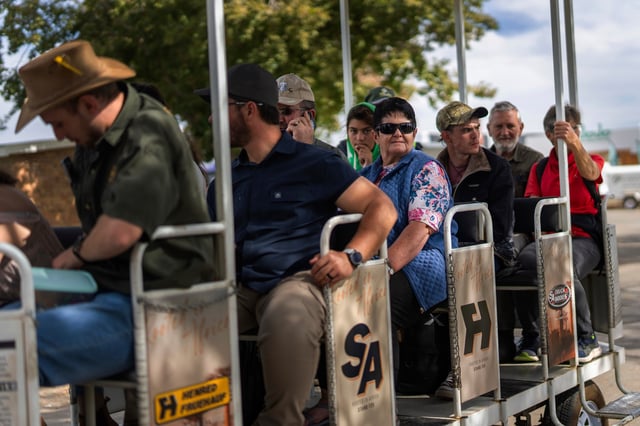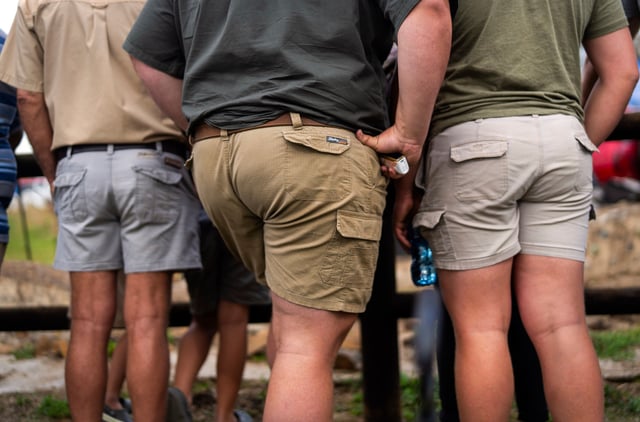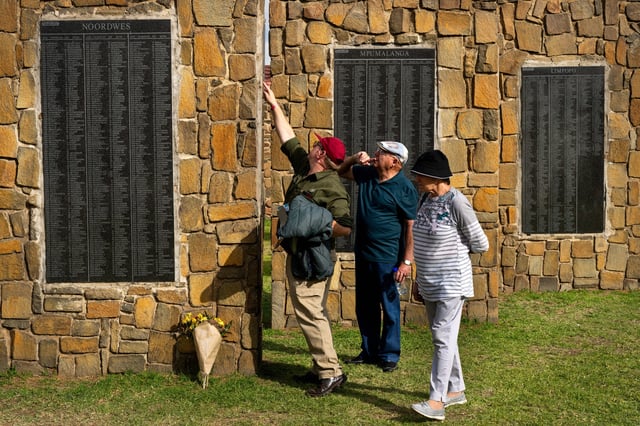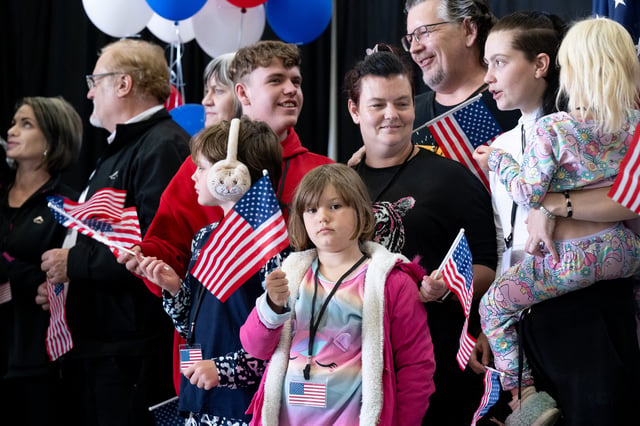Overview
- President Trump has accused South Africa of genocide against white farmers and halted U.S. financial aid, including HIV/AIDS program funding, over alleged land seizures.
- The U.S. has granted refugee status to at least 49 Afrikaner farmers citing racial persecution, with a fast-track program raising concerns about racial bias in asylum policy.
- South African officials, including Agriculture Minister John Steenhuisen, deny claims of genocide and mass land expropriation, citing crime data that affects both Black and white farmers.
- President Ramaphosa, ahead of his May 21 meeting with Trump, aims to present evidence disputing U.S. allegations while addressing broader concerns about rural crime and land inequality.
- South Africa's 2017 census shows white farmers, 7% of the population, own 80% of commercial farmland, a legacy of apartheid-era policies fueling ongoing land reform debates.



